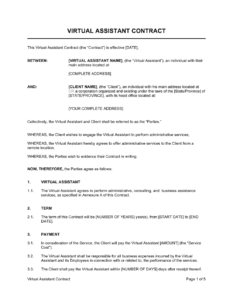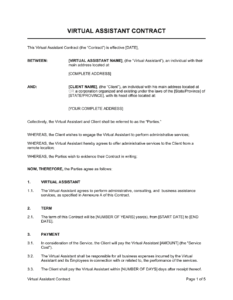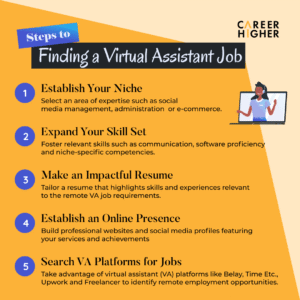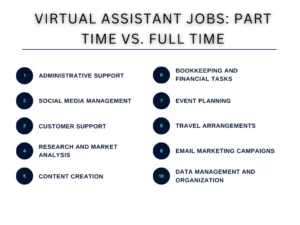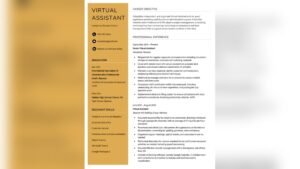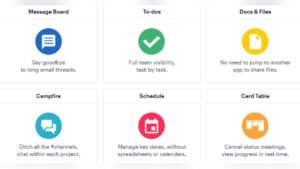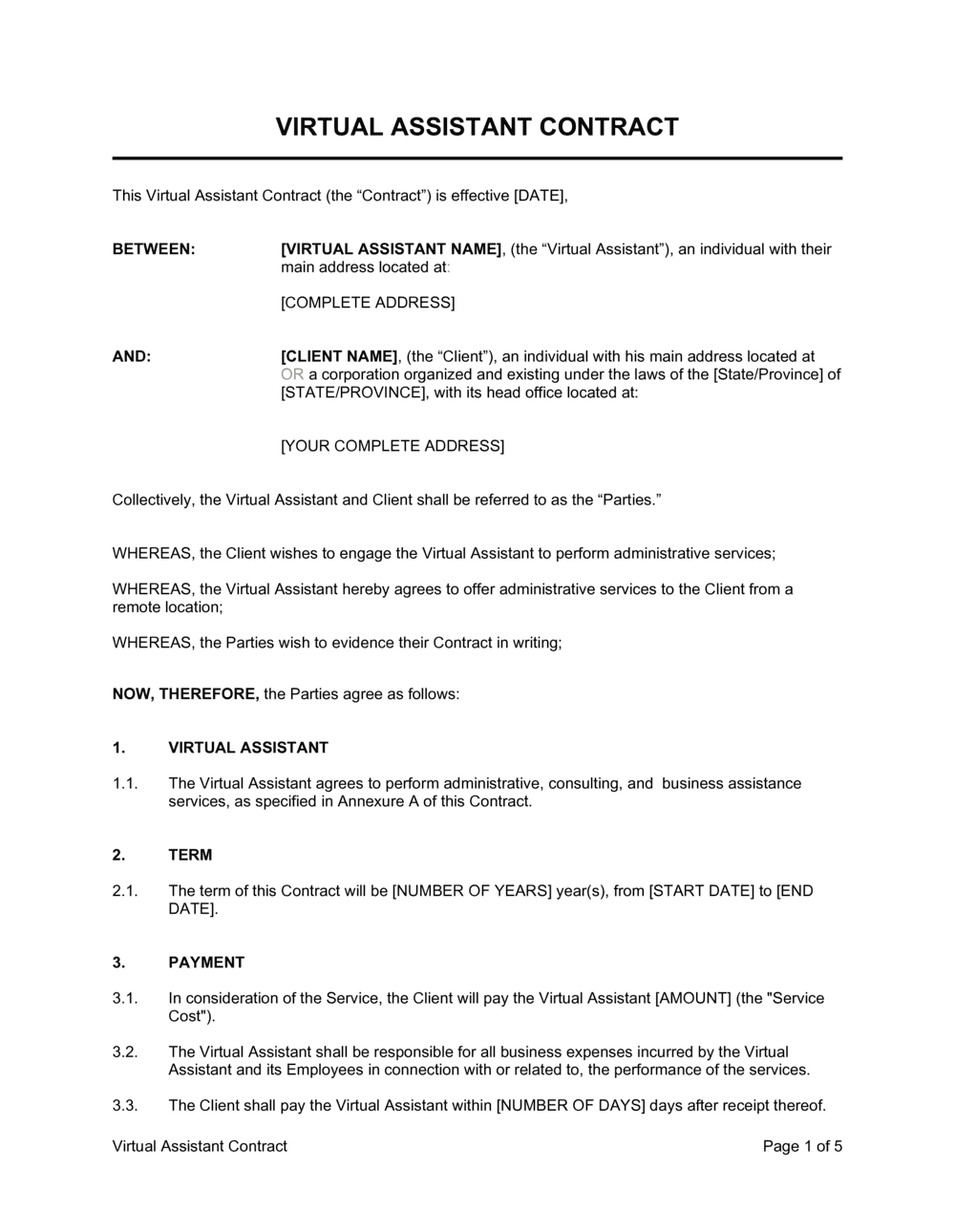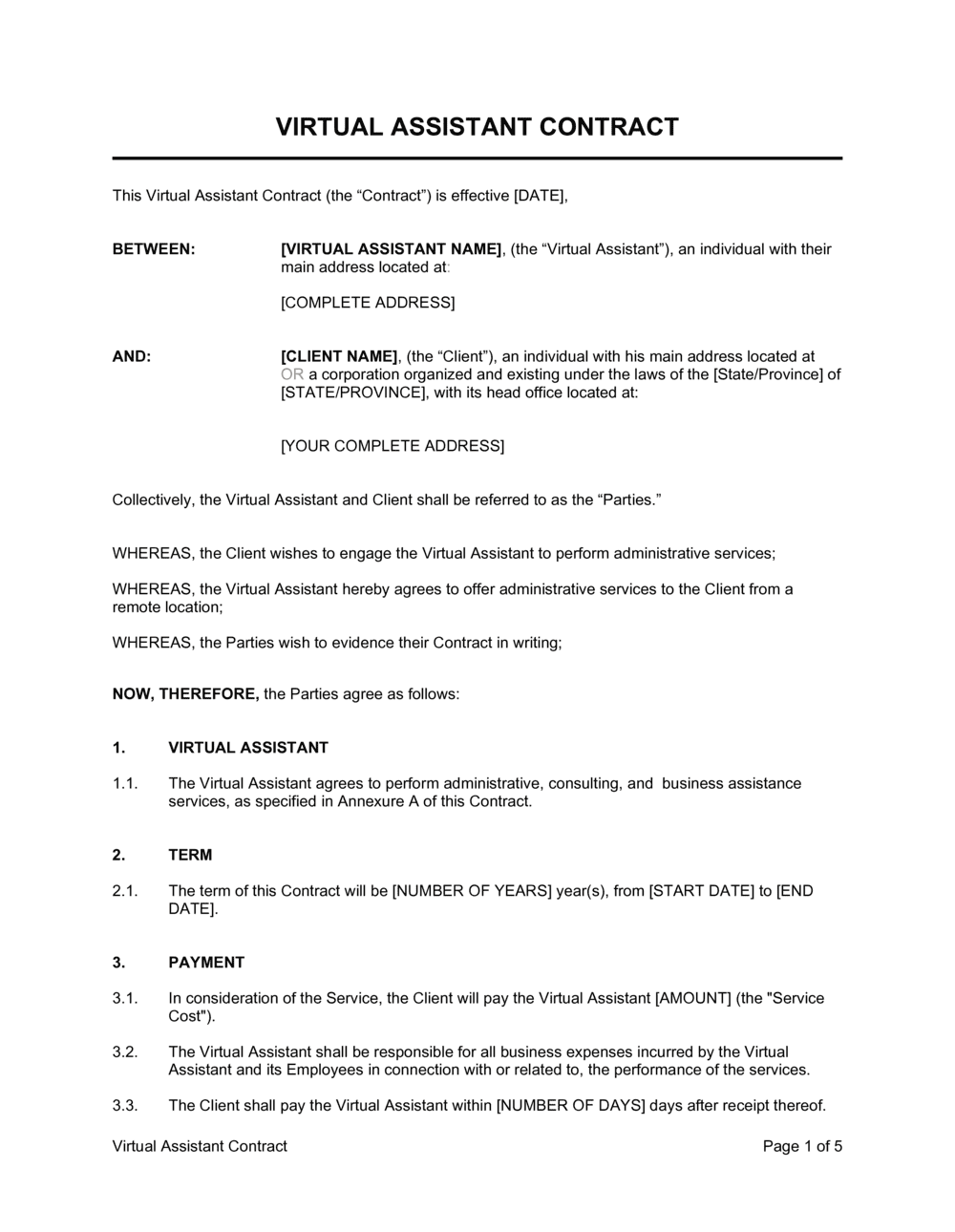Flexible work is changing how we think about jobs. It’s more than a trend; it’s the future.
In today’s fast-paced world, flexible work offers a way to balance life and career. Whether you’re a parent, a student, or someone who values freedom, flexible work can be a game-changer. Imagine setting your own hours, working from home, or even traveling while you work. With fewer constraints, flexible work can lead to higher productivity and job satisfaction. Sites like Flexjobs make finding these opportunities easier. They ensure there are no ads, scams, or junk jobs. Dive into the world of flexible work and discover how it can improve your life.
Introduction To Flexible Work
Flexible work has become a popular topic in today’s workforce. Employees seek better work-life balance and employers aim to attract top talent. This shift has led to the rise of flexible work policies. Let’s dive into what flexible work is and why it matters.
What Is Flexible Work?
Flexible work refers to arrangements that allow employees to adjust their work hours or location. This can include:
- Remote work: Working from a location outside the office, often from home.
- Flexible hours: Employees choose their start and end times within limits.
- Compressed workweeks: Working longer hours over fewer days.
These arrangements give employees control over their schedules, improving their work-life balance.
The Evolution Of Flexible Work Policies
Flexible work policies have evolved significantly over the years. Initially, they were rare and limited to specific industries. Over time, technology advancements made remote work more feasible. Here is a brief timeline:
| Year | Development |
|---|---|
| 1990s | Telecommuting started gaining traction in the tech industry. |
| 2000s | High-speed internet made remote work more accessible. |
| 2010s | Cloud technology enabled seamless collaboration from anywhere. |
| 2020s | Global events accelerated the adoption of flexible work globally. |
Importance Of Flexible Work In Today’s World
Flexible work is crucial in today’s world for several reasons:
- Employee satisfaction: Flexibility leads to happier and more productive employees.
- Attracting talent: Companies offering flexibility attract top talent.
- Work-life balance: Employees can better manage their personal and professional lives.
- Cost savings: Reduced need for office space and utilities.
In addition, flexible work supports diversity and inclusion. It allows people with different needs and circumstances to join the workforce.
For more information on finding remote jobs, you can visit Flexjobs.

Credit: www.activtrak.com
Key Features Of Flexible Work
Flexible work has become a crucial aspect of modern employment. It offers many benefits for employees and employers. Understanding the key features of flexible work can help you make the most of these opportunities.
Remote Work Opportunities
Remote work allows employees to work from anywhere. This can include working from home or any other location outside the traditional office. Remote work opportunities can enhance work-life balance and reduce commuting time. Websites like Flexjobs provide a platform to find remote jobs without ads, scams, or junk.
Flexible Scheduling
Flexible scheduling means employees can choose their working hours. This flexibility helps in managing personal commitments alongside professional responsibilities. Employees can start and end their workday at different times, as long as they complete their tasks. It promotes a healthy work-life balance and increases job satisfaction.
Job Sharing
Job sharing involves two or more employees sharing the responsibilities of a full-time position. Each employee works part-time hours. This can be beneficial for those who need reduced working hours but still want to stay engaged in their careers. It also helps employers retain skilled workers who might otherwise leave the workforce.
Compressed Workweeks
Compressed workweeks allow employees to work their total required hours over fewer days. For example, working four 10-hour days instead of five 8-hour days. This arrangement provides employees with an extra day off each week. It can help reduce burnout and increase productivity.
How Flexible Work Boosts Productivity
Flexible work arrangements are becoming increasingly popular in today’s job market. They offer numerous benefits for both employees and employers. One significant advantage of flexible work is its ability to boost productivity. This section explores how flexible work can lead to increased employee satisfaction, reduction in commuting time, enhanced focus and efficiency, and access to a broader talent pool.
Increased Employee Satisfaction
When employees have the freedom to choose their work hours and location, their satisfaction levels rise. Happy employees are often more motivated and committed. They tend to deliver better results and show higher productivity. A flexible work schedule allows them to balance personal and professional responsibilities. This balance reduces stress and increases job satisfaction.
Reduction In Commuting Time
Commuting can be a major source of stress and time wastage. Flexible work arrangements often eliminate the need for daily commuting. This saved time can be used more productively. Workers can start their day fresh and energized. They are not drained by long commutes. This leads to better focus and higher efficiency throughout the workday.
Enhanced Focus And Efficiency
Flexible work environments often lead to fewer distractions. Employees can choose a work setting that suits their style. Quiet home offices or local co-working spaces can boost concentration. Without the constant interruptions of a traditional office, workers can complete tasks more efficiently. This leads to higher overall productivity.
Access To A Broader Talent Pool
Flexible work arrangements allow companies to hire from a global talent pool. They are not limited to local candidates. This access to diverse skills and perspectives can greatly benefit businesses. Companies can find the best talent, regardless of location. This broader talent pool can lead to more innovative solutions and improved performance.

Credit: www.linkedin.com
Benefits Of Flexible Work For Work-life Balance
Flexible work arrangements offer numerous benefits for maintaining a healthy work-life balance. These benefits are crucial for overall well-being and productivity. Let’s explore the key advantages of flexible work.
Improved Mental Health
Flexible work schedules contribute to better mental health. Employees experience less pressure and stress. This leads to a happier and more productive workforce.
Remote work allows individuals to create a comfortable and personalized work environment. This can significantly reduce anxiety and depression.
Better Family And Personal Time Management
Flexible work schedules allow for better management of family and personal time. Employees can adjust their work hours to fit family commitments. This results in a more harmonious home life.
Parents can attend school events or care for sick children without sacrificing work responsibilities. This balance is key for a fulfilling personal life.
Reduced Burnout And Stress
Flexibility in work hours helps reduce burnout and stress. Employees can take breaks when needed. This prevents exhaustion and maintains high productivity levels.
By having control over their schedules, employees can avoid long commutes. This further reduces daily stress and enhances overall well-being.
Enhanced Job Satisfaction And Retention
Flexible work options lead to higher job satisfaction. Employees feel valued and trusted, which increases their loyalty to the company.
Companies offering flexible work arrangements see better employee retention rates. This reduces the costs associated with hiring and training new staff.
For more information on finding remote jobs without ads, scams, or junk, visit Flexjobs.
Challenges And Solutions In Implementing Flexible Work
Implementing flexible work can lead to many benefits for both employers and employees. Yet, it also comes with its own set of challenges. Here, we discuss common issues and their solutions to ensure a smooth transition to flexible work.
Managing Remote Teams
Managing remote teams can be tricky. Team members are spread across different locations and time zones. This can lead to communication gaps and delays. Using project management tools like Trello or Asana can help track tasks and deadlines. Regular virtual meetings also keep everyone on the same page.
Ensuring Effective Communication
Effective communication is crucial in a flexible work environment. Misunderstandings can arise easily without face-to-face interactions. Use instant messaging apps like Slack or Microsoft Teams for quick communication. Video conferencing tools like Zoom can help conduct meetings and discussions. Clear and concise communication should be encouraged at all times.
Maintaining Productivity
Maintaining productivity can be a challenge when employees work from home. Distractions are common in a home environment. Encourage employees to create a dedicated workspace. Setting daily goals and using time management tools like Toggl can help track productivity.
Setting Clear Expectations And Boundaries
Setting clear expectations and boundaries is essential for flexible work. Without clear guidelines, work can spill into personal time. Define working hours and stick to them. Use shared calendars to schedule meetings within these hours. Communicate clearly about deliverables and deadlines.

Credit: leapmax.ai
Recommendations For Businesses Adopting Flexible Work Policies
Adopting flexible work policies can improve employee satisfaction and productivity. It requires careful planning and implementation. Here are some key recommendations for businesses considering flexible work policies.
Creating A Supportive Culture
Building a supportive culture starts with leadership. Encourage open communication and trust. Ensure all employees feel valued and included. Recognize and celebrate achievements, both big and small.
- Trust and Communication: Foster an environment of trust where employees feel safe to share their concerns.
- Inclusivity: Ensure all team members have equal opportunities, regardless of their work location.
- Recognition: Regularly acknowledge and reward employee contributions.
Utilizing Technology And Tools
Leverage technology to enhance collaboration and productivity. Invest in reliable communication tools and project management software.
| Tool | Purpose |
|---|---|
| Slack | Real-time messaging and collaboration |
| Zoom | Video conferencing and virtual meetings |
| Trello | Project management and task tracking |
Providing Training And Resources
Equip employees with the necessary skills and resources to succeed in a flexible work environment. Offer training sessions and access to resources.
- Training Sessions: Conduct regular training on new tools and best practices.
- Resource Access: Provide access to online courses, tutorials, and guides.
- Mentorship Programs: Pair employees with mentors to guide them.
Regularly Reviewing And Adapting Policies
Flexible work policies should be reviewed regularly to ensure they meet the needs of the business and employees. Be open to feedback and willing to make necessary adjustments.
- Employee Feedback: Gather feedback through surveys and regular check-ins.
- Policy Evaluation: Assess the effectiveness of current policies and identify areas for improvement.
- Flexibility: Be prepared to adapt policies as needed to stay relevant.
For more information about finding remote jobs, visit Flexjobs.
Frequently Asked Questions
What Does Flexible Work Mean?
Flexible work allows employees to choose their work hours, locations, and schedules. It promotes work-life balance.
What Are Some Examples Of Flexible Work?
Examples of flexible work include remote work, freelancing, part-time jobs, job sharing, and compressed workweeks. These options provide employees with adaptable schedules.
What Does It Mean To Be Flexible At Work?
Being flexible at work means adapting to changes and handling diverse tasks. It involves multitasking, adjusting schedules, and embracing new challenges. Flexibility enhances productivity and teamwork.
What Are The Benefits Of Flexible Work?
Flexible work increases productivity, improves work-life balance, reduces stress, and saves commuting time. It enhances job satisfaction and retention.
Conclusion
Embracing flexible work can boost productivity and work-life balance. Flexjobs offers a reliable platform to find remote jobs without ads or scams. Start exploring remote opportunities today with Flexjobs. Take control of your career and enjoy the freedom of working from anywhere. Flexible work is the future, and Flexjobs is here to help you navigate it.
Ms.Sultana brings over 16 years of expertise working with global Clients by providing different skills and Services. For the last 5 years working as an Affiliate marketer, specializing in high-ticket campaigns that drive exponential growth. She holds a degree in Computer Science and Engineering as well as achieved many more skills certificates from different institute/academies/Platform. As part of the Elite Global Marketing team, Sultana has helped clients generate millions in revenue through strategic partnerships, innovative funnels, and data-driven insights.




